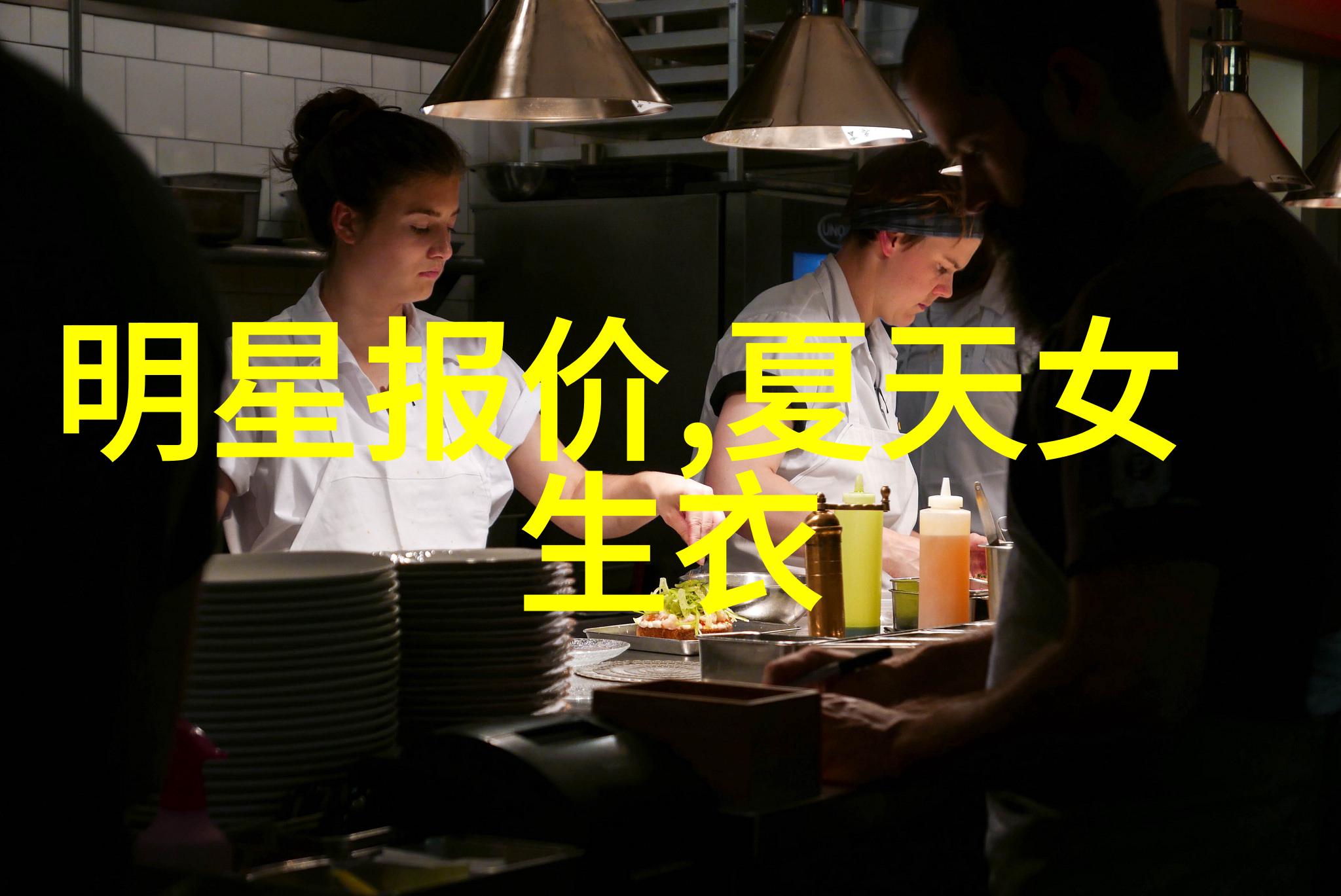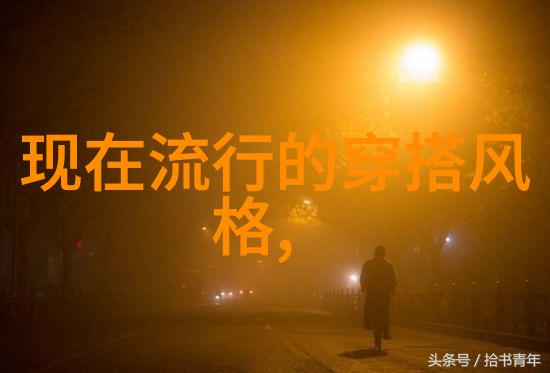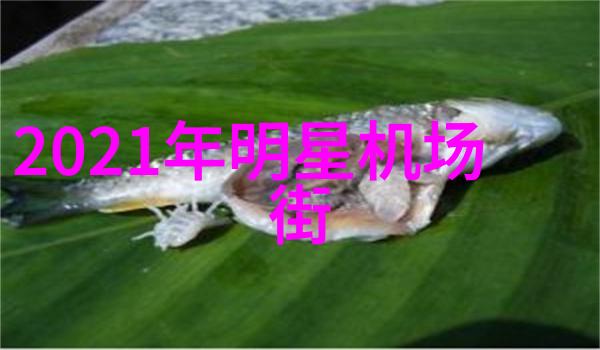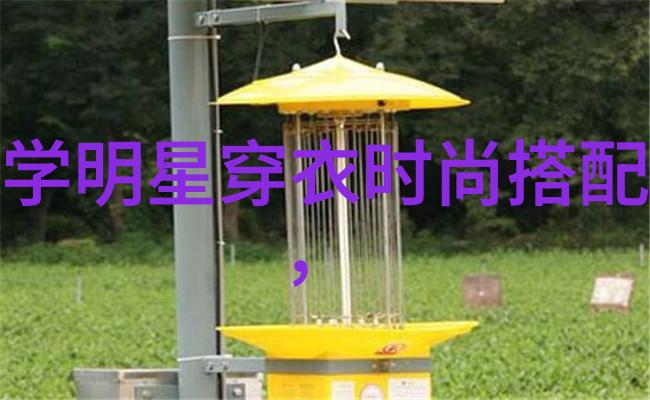您现在的位置是: 首页 - 明星穿搭 - Whimsy of Yesteryear Unveiling the Timeless Charm 明星穿搭
Whimsy of Yesteryear Unveiling the Timeless Charm
2025-01-09 【明星穿搭】 0人已围观
简介Whimsy of Yesteryear: Unveiling the Timeless Charm of Vintage English Language as a Reflection of Era Vintage English, also known as "复古风英文" in Chinese, is more than just an antiquated form
Whimsy of Yesteryear: Unveiling the Timeless Charm of Vintage English

Language as a Reflection of Era
Vintage English, also known as "复古风英文" in Chinese, is more than just an antiquated form of the language; it's a window into the past, offering insights into the culture and society that once thrived. It reflects an era where communication was slower-paced and more formal, with intricate sentence structures and ornate vocabulary.

Revival in Pop Culture
In recent years, there has been a resurgence in interest for vintage English among fans of literature, film, television shows and even music. This renewed enthusiasm can be attributed to its unique aesthetic appeal that adds charm to stories set during historical periods or those seeking a nostalgic feel.
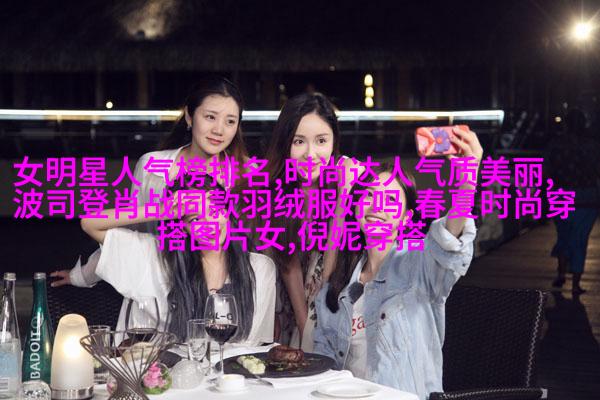
Literary Giants
Authors such as Jane Austen and Charles Dickens are renowned for their mastery over vintage English. Their works have become timeless classics due to their eloquent prose that captures the essence of Victorian England's social hierarchy and cultural norms.
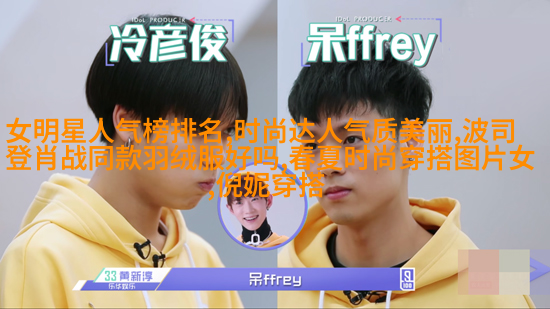
Impact on Modern Language
Although modern English has evolved significantly from its vintage counterpart, it still retains many elements from this bygone era—such as idioms like "break one's fast" or phrases like "in sooth." These remnants serve as reminders of our linguistic heritage while providing interesting conversational tidbits.
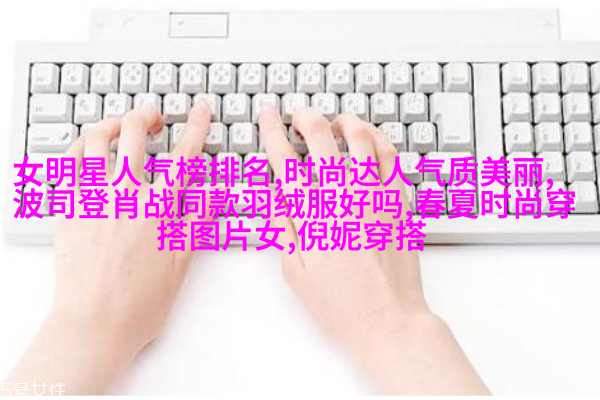
Challenges in Learning
For those who wish to delve deeper into vintage English or even attempt writing in this style themselves face several challenges—namely mastering archaic words and understanding obscure grammatical constructions common during earlier times.
Cultural Exchange through Translation
As global communication becomes increasingly important today's translation industry often finds itself translating texts from various languages back into their original forms using vintage English terminology for historical accuracy when needed—a testament to how valuable this part of our linguistic history remains today.

